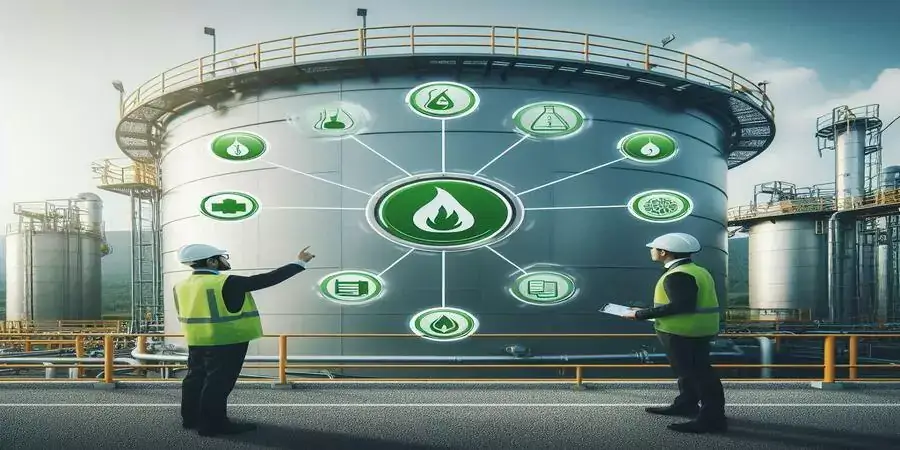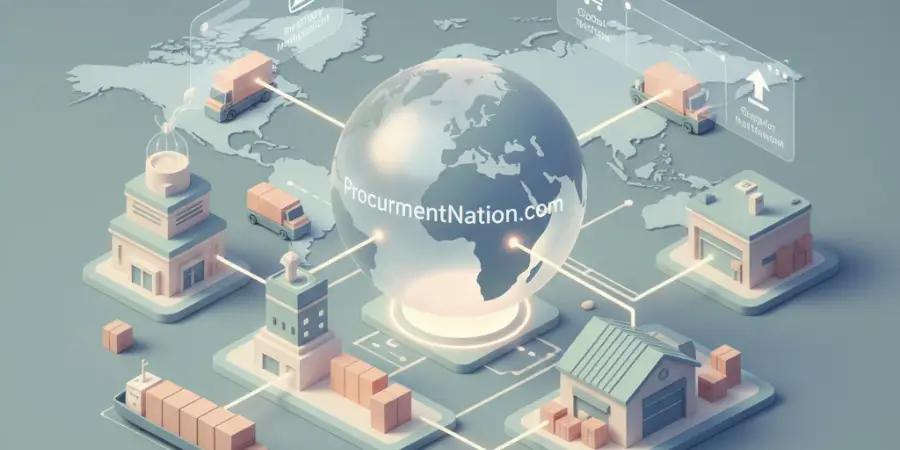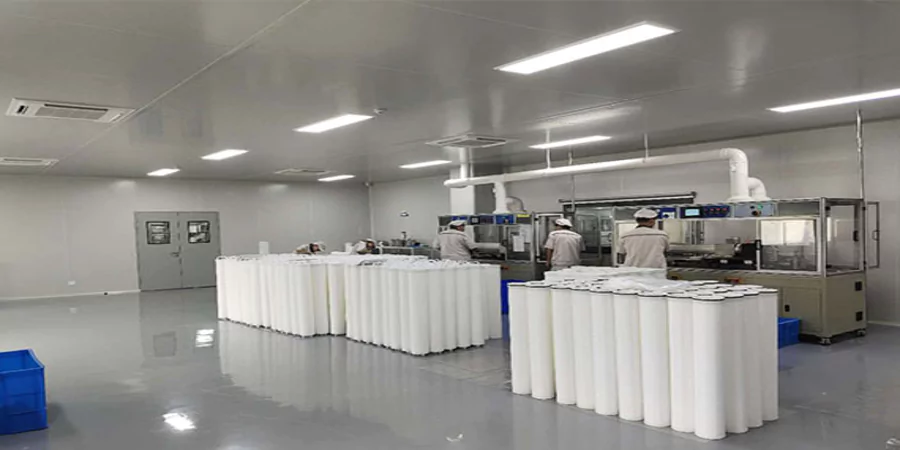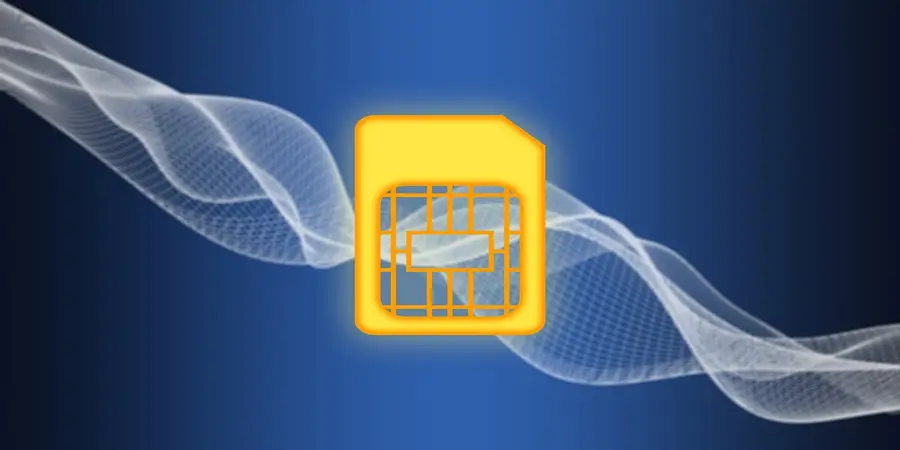Today’s businesses face serious environmental risks with fuel tanks, stormwater systems, and energy equipment. Issues like leaks or system failures can cause costly fines, pollution, and bad publicity.
Smart maintenance such as routine inspections and real-time monitoring helps prevent these problems before they start.
With more than 540,000 underground tanks in the US alone, plus miles of stormwater drains and energy setups, it’s vital to manage all these systems wisely.
Here’s how smart maintenance keeps risks in check.
Smart Maintenance: It Makes a Difference
Smart maintenance isn’t just about storage tanks, it’s also about managing everything that could harm the environment, from stormwater drains to energy systems.
A few practical routines can make a huge impact:
- Schedule regular inspections for storage tanks, stormwater drains, and emissions equipment to catch leaks or malfunctions before they cause trouble.
- Keep systems clean and free of blockages or buildup, whether it’s sludge in a tank or debris in a stormwater grate.
- Safely remove or upgrade aging tanks and outdated equipment to prevent unexpected failures and pollution events.
Did you know? The EPA says underground tank leaks are a major cause of soil and water pollution in the US, but cities using smart stormwater management see up to 40% fewer pollution incidents.
Simple, regular upkeep protects your business, your neighbors, and local ecosystems.
“Integrating energy-efficient practices alongside smart maintenance strategies can further reduce environmental impact, and tools that help businesses compare business energy options can support more sustainable decision-making.”
Why Timely Action Matters
Before we look closer at why timing is everything, it’s worth remembering that environmental risks rarely start with big, obvious problems.
Most of the time, issues like leaks, corrosion, or broken sensors sneak up slowly.
Businesses that pay attention to maintenance, especially when it comes to tasks like oil tank removal, end up catching these risks early. This simple, steady approach gives companies more control, keeps surprises to a minimum, and builds trust with both regulators and the local community.
Now, let’s dive into why timely action is so important.
Prevention Is Better Than Cleanup
Overlooking a small issue, like a leak in a tank, a clogged storm drain, or a faulty filter, can lead to major environmental headaches.
Slow leaks and unnoticed failures don’t just affect your site; they often contaminate the surrounding soil, water, or air and can bring expensive cleanup bills later. Regular maintenance across all systems, not just tanks, helps catch these problems early and prevents disasters.
- Detecting leaks with smart sensors in tanks and pipes helps avoid costly soil and groundwater contamination.
- Preventing blockages in stormwater drains stops pollution from being washed into streams and rivers.
- Timely upgrades to energy equipment and emissions controls keep systems running cleanly and reduce the risk of regulatory penalties.
Compliance and Community Well-being
Proactive maintenance isn’t only about protecting your business, it’s also how you follow the law and look out for your community. From safe removal of old tanks to regular stormwater inspections, many regions require these steps to safeguard workers and neighbors alike.
- Strict regulations cover everything from tank management to stormwater runoff. Staying up to code protects your reputation and bottom line.
- Cities and companies that use smart maintenance for stormwater systems report up to 40% fewer pollution events.
- Real-time emissions monitoring cuts air quality violations by 25%.
Playing It Smart Pays Off
Looking after tanks, stormwater drains, and energy equipment is more than just routine; it’s a smart investment in safety and sustainability.
Companies that practice routine maintenance catch problems early, avoid costly violations, and build stronger community trust. As regulations tighten and environmental challenges grow, those using smart monitoring and timely repairs will stay ahead.
Prevention today avoids more expensive issues later, proving forethought is the most powerful tool businesses have.
















